Photo (L-R): Jim Crumlish (accordion), Robert Carey (tenor saxophone), Dan McCann (singer and drums), Charlie O’Kane (trumpet), Margaret Fullerton, Malin (piano).

While the late 1950s and early 1960s are recognised as the era of the great showbands, they have their origins in the local bands performing in rural towns and villages in the early 1950s. This was the post-war era with life returning to normal, and people were keen to get out and enjoy themselves (sound familiar?). The Tremone Dance Band was one of the precursors of the great showband era.
The Tremone Dance Band came into being in the early 1950s. The band played Country and Western music, traditional Irish music, and jigs. Sets of Lancers were very popular.
The first band, formed around 1953, had four members: Robert Carey, Dan McCann, James McSheffrey (drums) and Andreas Kelly (melodion). Andreas drove the band around with instruments in the boot. He took ill with a spinal problem shortly after the band was set up and had to be helped on stage. He died in the 1950s. Kathleen Deeny often played piano with them. Few halls had a piano at this time. Charlie O’Kane also doubled up as vocalist.
Founder member Robert Carey, whom I spoke to recently, first got tuition from Eddie O’Kane in Lecamy on the fiddle. He eventually dropped the fiddle in favour of the saxophone (see picture).
The band rehearsed in Packie McCann’s house in the Row, Ballyharry, three nights a week. Packie was a single man who enjoyed the music.
The Tremone Dance Band played all over Inishowen, as well as farther afield in venues such as the Castle, Dungiven, and Crossroads, Killygorden. LDF dances were very popular on Saturday nights in Carn and drew large crowds. Money was plentiful as the shirt factories were providing employment for hundreds in the town and district.
Robert recalls playing in a variety of venues around the peninsula. There was a dance hall in Alex Mullin’s house in Glenagivney near the old school, where Eddie Gillen played the music rather than the full band as the venue was too small. McSheffery’s Barn in Cruckaveel was another popular dance hall. James McSheffery was a founder member of the Tremone Band. In Shrove, they played in a small hall at the beach, which is still there in the carpark. Cullinean Hall at Quigley’s Point was also very popular before Borderland was built. The band also played in Clonmany.
Closer to home, they played in O’Kane’s hall in Lecamy. In Carey’s Hall, Carrowbeg – Robert’s home place – the Moville District Nurses’ Association organized fund-raising dances with the band as entertainment. Before her death, Lady Montgomery, mother of the Field-Marshal was often in attendance as she was very active in philanthropic work in Moville.
The “Socials”
The Church of Ireland organized ‘socials’ – dances with an interval for tea, home bakes and scones. The largest of these was held in Culdaff Hall (the Wee Hall) but Robert Carey also remembers playing at Carrick Hall in Carn. Gleneely School was another venue for dances. In some venues, the organisers asked them not to play the Soldier’s Song at the end of the night and to play Auld Lang Syne instead. In July and August, the socials were thronged with visitors and local people on holidays, and the band insisted in playing the national anthem instead to keep the dancers happy. People of all religions attended the Socials and religion was not an issue.
Many will recall crowds of 2,000 on a Friday night in the popular dancehall Borderland, Muff, as they danced to the top bands such as the Capitol, the Melody Aces, the Royal and the Clipper Carlton. Carndonagh had its own bands and while I never heard them play, I recall the Michael Galbraith Orchestra and the Paul Anthony Orchestra. The Atlantic Ballroom in Ballyliffin and the Plaza, Buncrana, were top rate venues. The eventual success of the showband era is certainly rooted in the local parish bands on the early 1950s.
Many thanks to Robert Carey for sharing his memories of those golden days.
- Seán Beattie
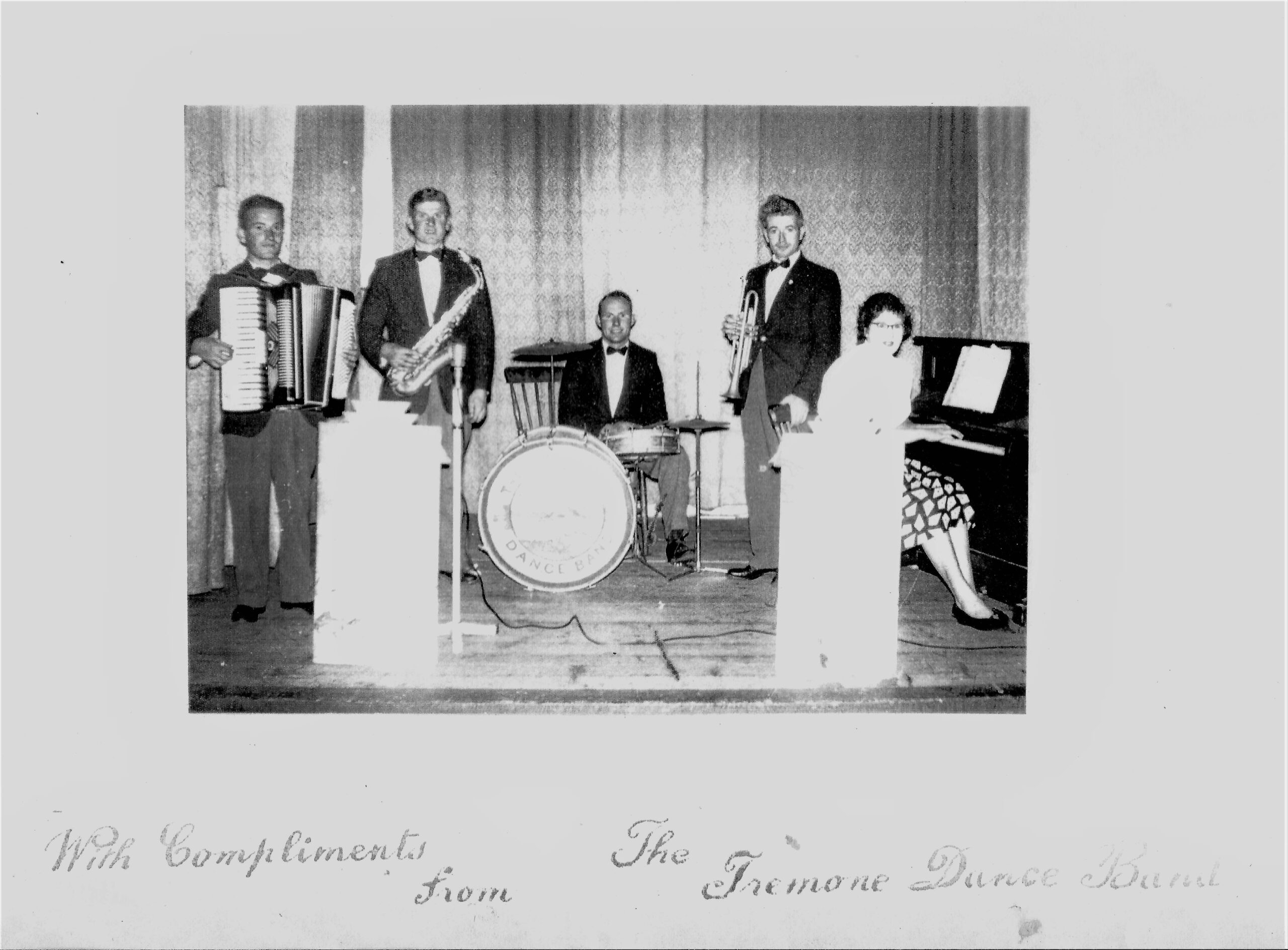
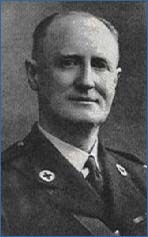
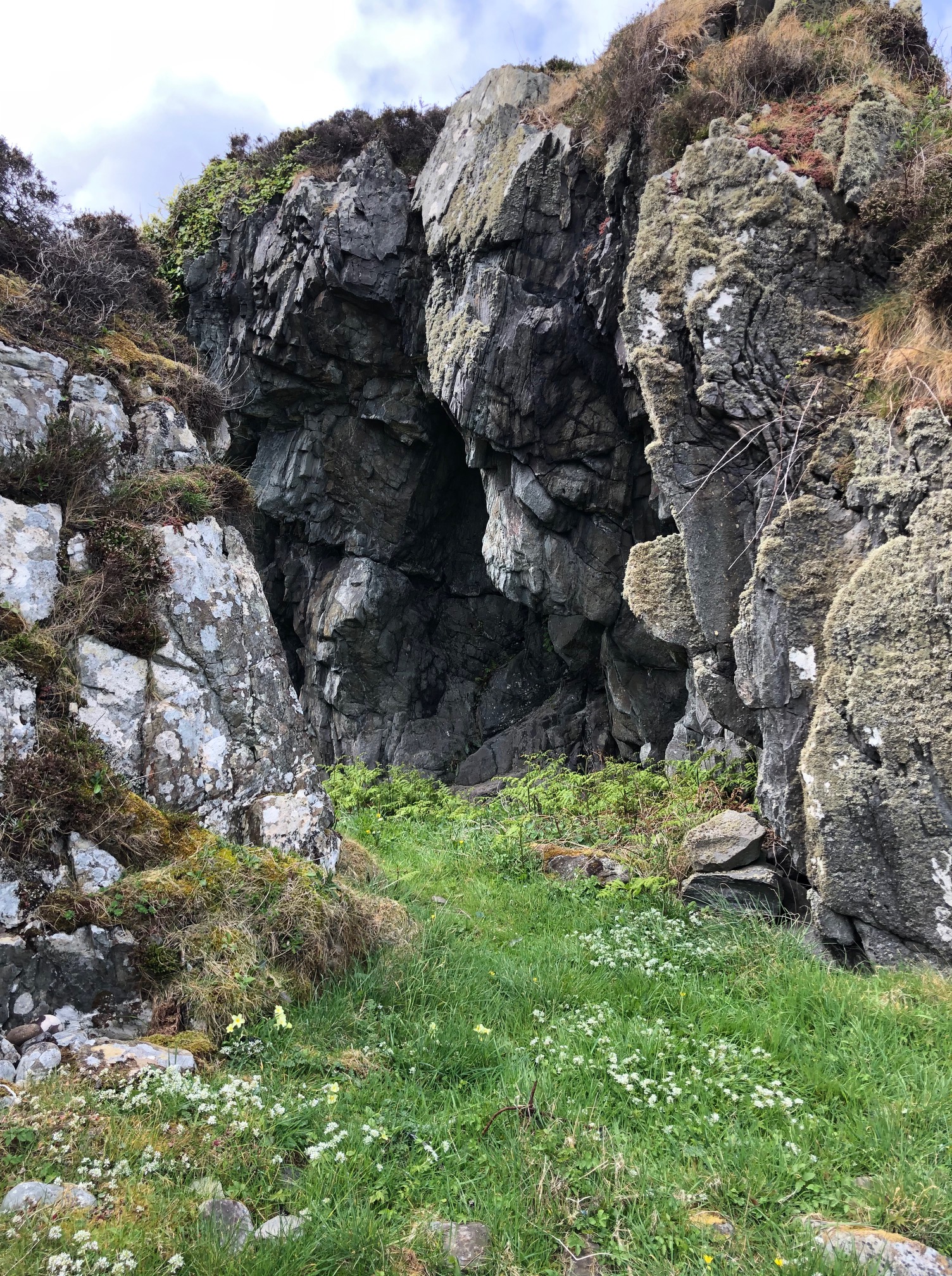
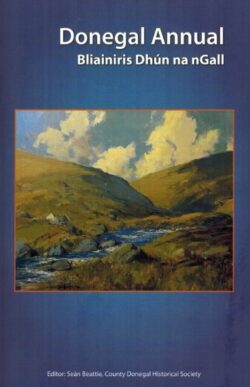
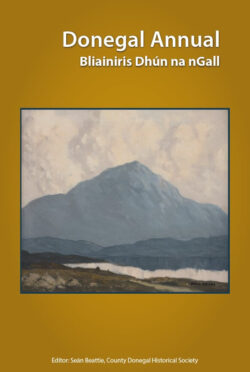
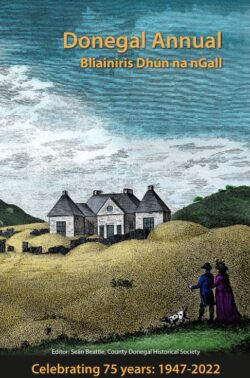
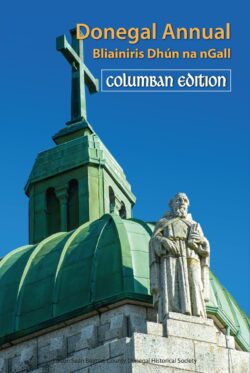
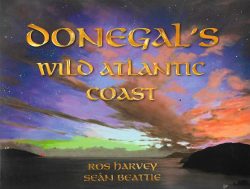
Leave a Reply